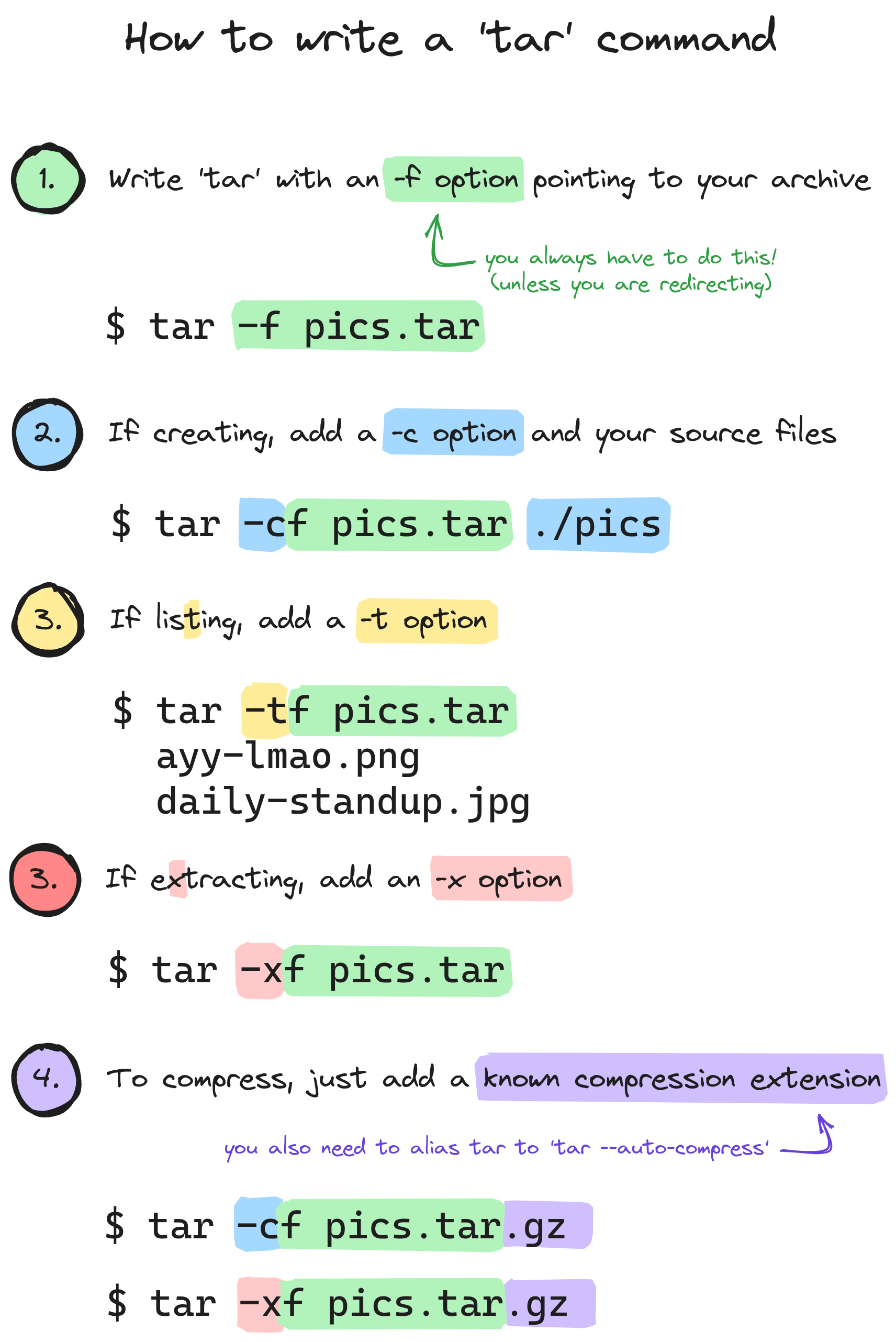this post was submitted on 18 Sep 2023
840 points (98.1% liked)
Linux
48115 readers
709 users here now
From Wikipedia, the free encyclopedia
Linux is a family of open source Unix-like operating systems based on the Linux kernel, an operating system kernel first released on September 17, 1991 by Linus Torvalds. Linux is typically packaged in a Linux distribution (or distro for short).
Distributions include the Linux kernel and supporting system software and libraries, many of which are provided by the GNU Project. Many Linux distributions use the word "Linux" in their name, but the Free Software Foundation uses the name GNU/Linux to emphasize the importance of GNU software, causing some controversy.
Rules
- Posts must be relevant to operating systems running the Linux kernel. GNU/Linux or otherwise.
- No misinformation
- No NSFW content
- No hate speech, bigotry, etc
Related Communities
Community icon by Alpár-Etele Méder, licensed under CC BY 3.0
founded 5 years ago
MODERATORS
you are viewing a single comment's thread
view the rest of the comments
view the rest of the comments

The “-“ is often not necessary. I use it as a guide to see how long the person running tar has been using it.
Example:
tar -xf file.tar == tar xf file.tar
They are functionally flags though and uniletter flags should be preceded by a '-', so I would still prefer to have the '-' written, because it conforms with the standard.
But muh POSIX
yeah, you can also ditch that f
tar c /etc/passwd > fu.tar
tar t < fu.tar
tar x < fu.tar